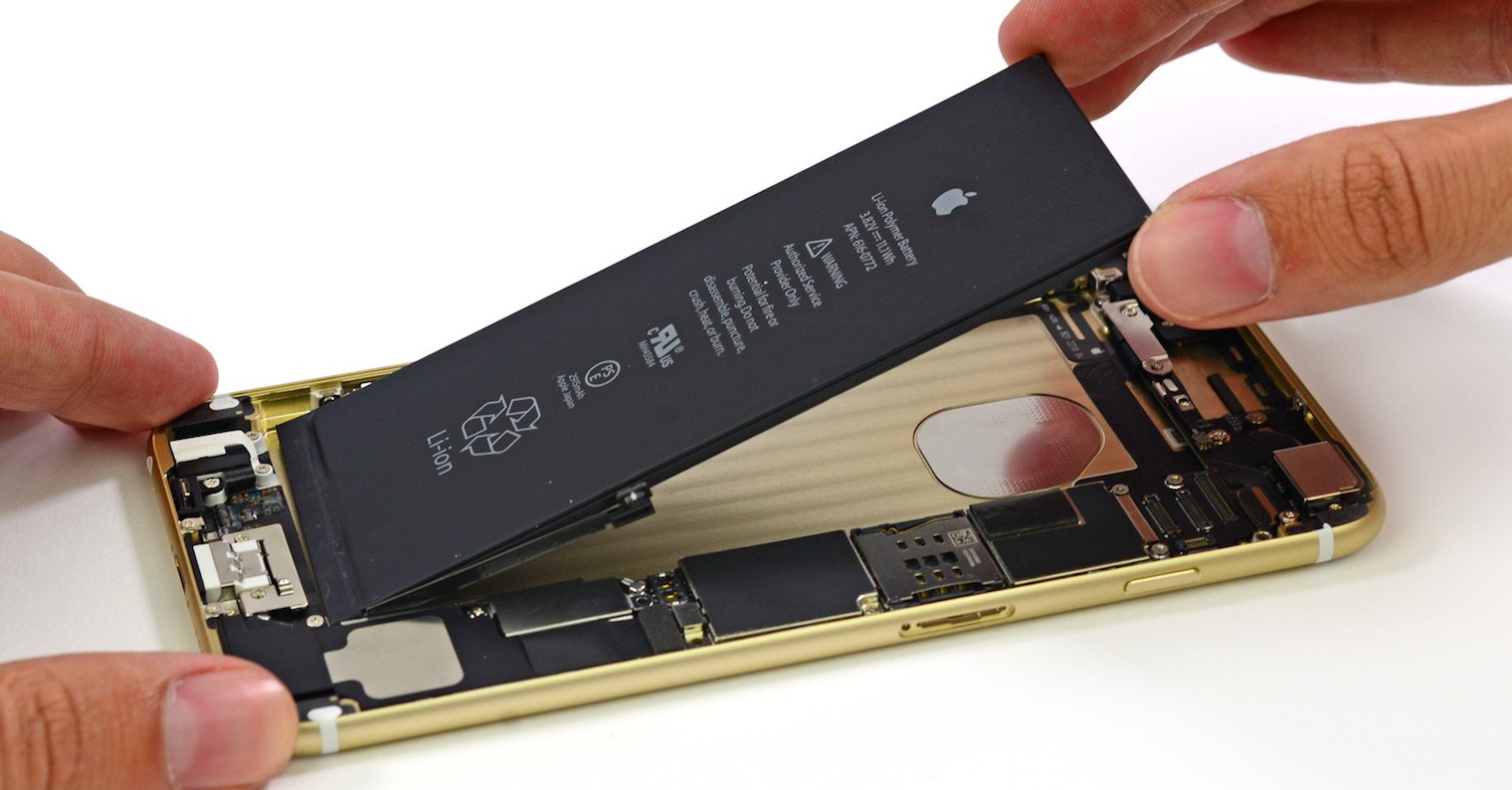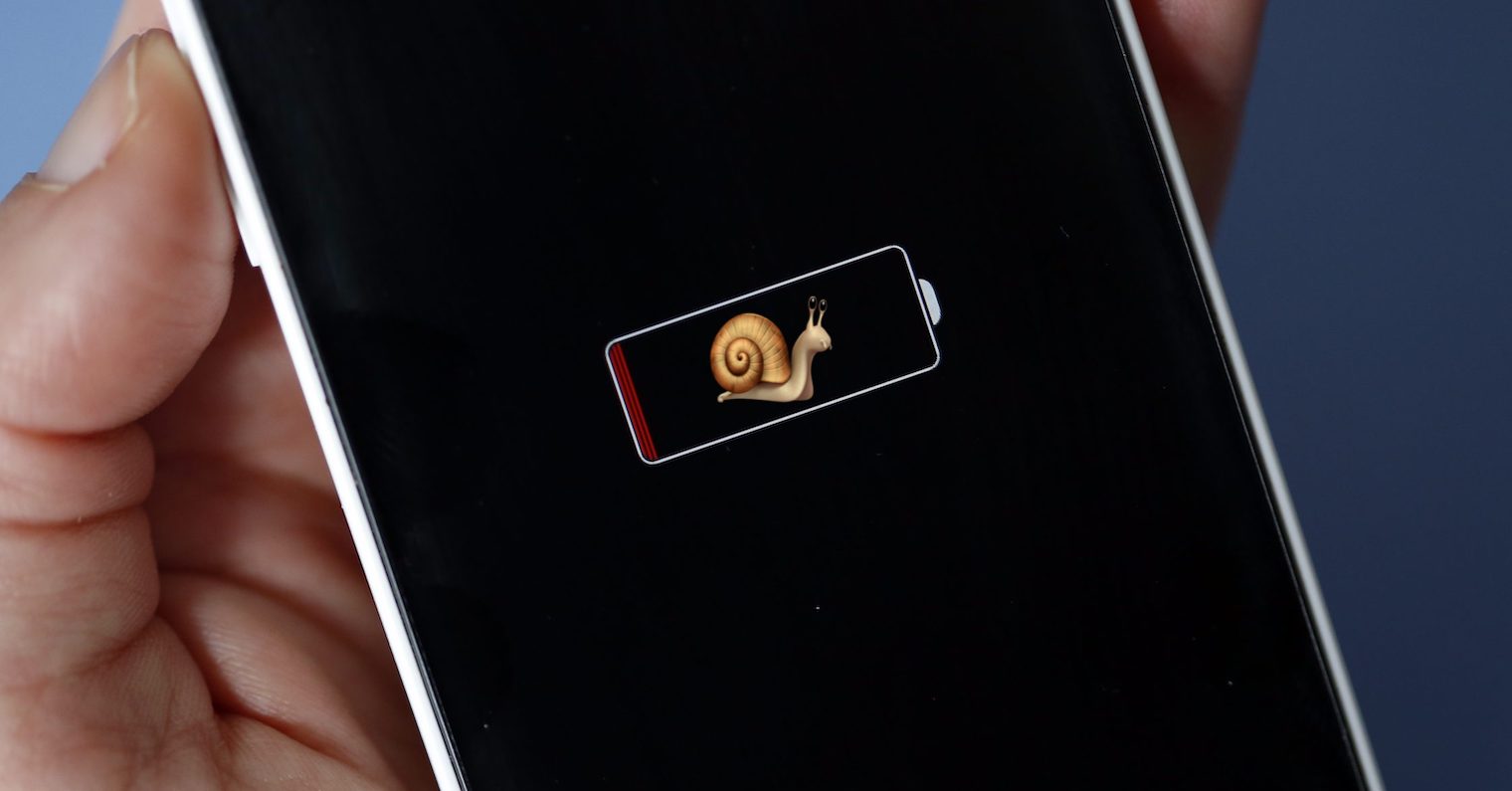In the matter of deliberately slowing down iPhones, there was some interesting news this week. According to the motion to dismiss the lawsuit, Apple cannot be held responsible for slowing down its smartphones. The Cupertino-based company compares the lawsuit regarding the intentional reduction of the iPhone's performance in an attempt to extend its battery life to a lawsuit against a construction company over a kitchen upgrade.
In a 50-page document filed in the U.S. District Court for the Northern District of California, Apple seeks to shake off one of a series of lawsuits that emerged after the company admitted to deliberately slowing down older iPhone models. This should have happened at the moment when the threat of potential deterioration of the battery's functionality was detected.
It could be interest you

As part of a firmware update, Apple reduced the processor performance of older iPhone models. This was a measure aimed at preventing the device from being switched off accidentally. The company is accused, among other things, of quietly incorporating this functionality into software updates without warning users in time about its possible effects.
However, the Cupertino giant argues that the plaintiff has not been clear enough about what the term "false or misleading" means in relation to its statement. According to Apple, it had no obligation to publish facts regarding software capabilities and battery capacity. In his defense, he further adds that there are certain restrictions on what companies are required to disclose. As for the updates, Apple says that users have done them knowingly and voluntarily. By performing the update, users also expressed their consent to the changes associated with the software upgrade.
In conclusion, Apple compares the plaintiff to property owners who allow a construction company to renovate their kitchen by giving consent to demolish the existing equipment and make structural modifications to the house. But this comparison falters in at least one way: while the result of the kitchen renovation is (surprisingly) a renovated, better-functioning kitchen, the result of the update has been for owners of older iPhone models to suffer from their device's functionality.
It could be interest you

The next hearing in the matter is scheduled for March 7. In response to the affair, Apple offered affected customers a discounted battery replacement program. As part of this program, 11 million batteries have already been replaced, which is 9 million more than the classic replacement costing $79.

Source: AppleInsider
Go in an effort to save the battery:D Can't even the one who adores Apple believe that? The Italian court said it quite frankly and slapped Apple, like Samsung, with a fine without mercy. Did Apple appeal? No, he knows why. They were deliberately slowing down their system in an attempt to force customers to buy a newer and "more powerful" model. That was the verdict of the Italian court. That they are so stupid that they don't mind letting them fight is another matter.
I personally would never buy anything from the company that screwed me over.